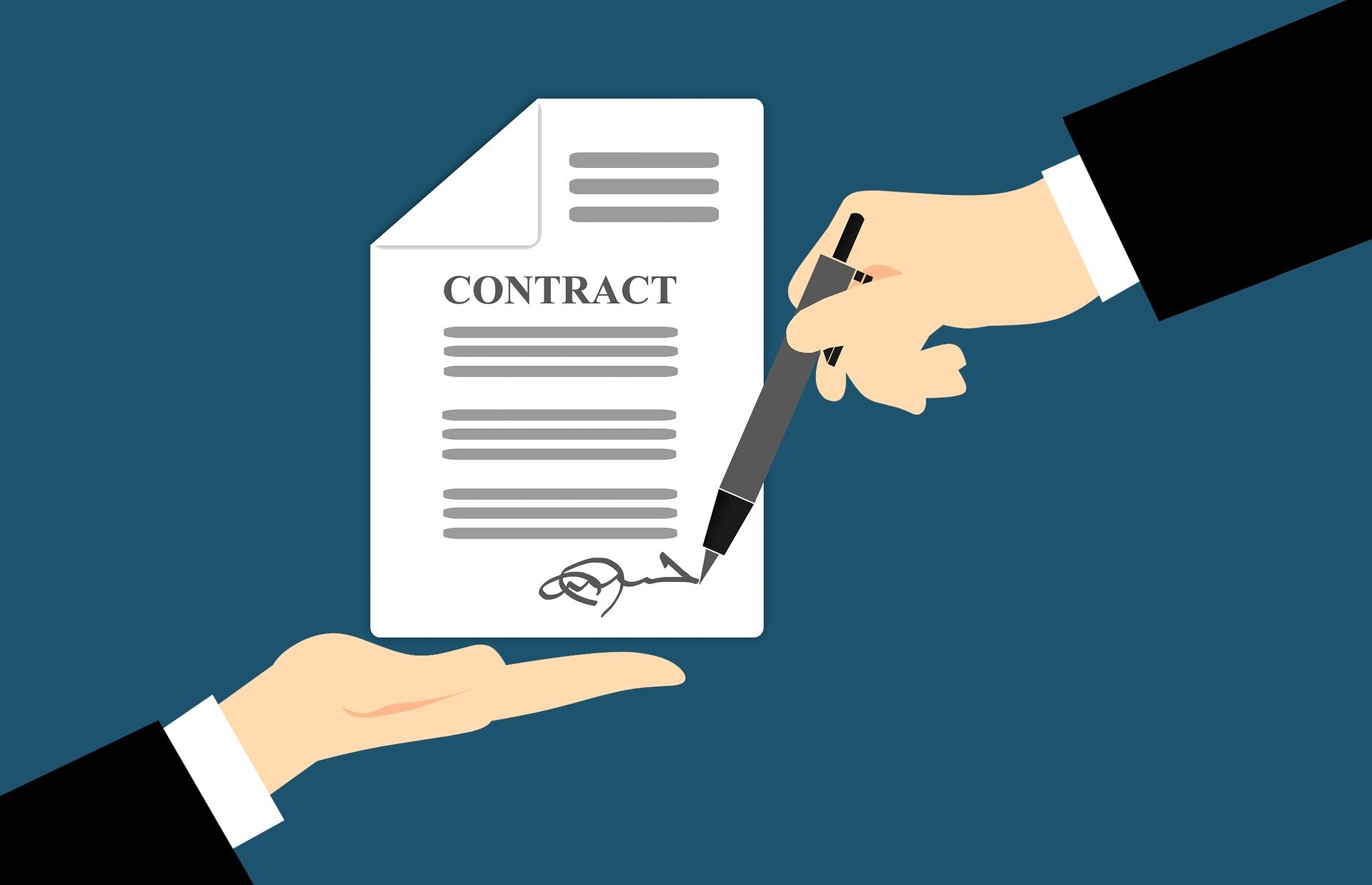Since conflicts may have a negative impact on you, you must develop techniques to manage contract disputes properly.
Disputes are likely to be one of the challenges you’ll encounter in everyday life. Disputes happen between people, societies, organizations, and even countries. They differ based on whether they’re humorous, preposterous, lethal, or have intent.
One of the most common disputes is contract disputes. Contract disputes arise when one of the parties to a contract disagrees with its definitions, terms, and conditions. In a contract dispute, the involved parties may want to find a means to resolve their differences. One of the ways you can do that is through negotiation. However, sometimes contract disputes may require you to hire a litigation attorney within your location. It would be best to search online for these law firms’ websites, such as ReidDennisFrick.com, to learn more about their services and rates.
If it’s your first time dealing with a contract dispute, you may be unsure of the effective ways to manage your contract dispute. This article will take you through some of the best methods to manage your contract disputes effectively. Keep on reading to learn more.
Factors to Consider When Managing a Contract Dispute
Before you begin managing your contract dispute, consider the following factors:
- The jurisdictional laws governing the law. This will help you understand your rights when seeking legal rights. It is also best to use the service of litigation attorneys to guide you through the jurisdictional laws and understand them better.
- Resolution clause in the contract. Your contract may sometimes specify the resolution to use in a dispute. It may be binding or non-binding. However, if your contract doesn’t specify the resolution clause, you may start with resolution tips that seem convenient for both parties.
Tips That Can Be Used to Effectively Manage Contract Disputes
After going through those factors mentioned above, consider using these four effective management tips:
1. Start With Negotiation
A negotiation is a non-binding option that involves the two parties meeting and discussing the next steps. It’s considered the most cost-effective method of resolving contract disputes since it doesn’t involve third parties. However, you may decide to involve senior executives, contract stakeholders, and legal representatives in the contract dispute management process.
It would be preferable if you discussed these issues during a negotiation to reach common ground. They include:
- What the main issues are
- The causes of the said issues
- The opinions of both parties regarding the issues
- How the contract dispute can be solved
- How to avoid the recurrence of such issues
- Which other solution method can be used if negotiation doesn’t work
After a solution is achieved through negotiation, the contracts must be updated to reflect the new terms’ implementation. This will indicate that you’ve come to an agreement with the other parties and can move forward.
2. Include a Mediator
Sometimes the parties involved in a contract may not agree to a negotiation. In such a case, you may consider using mediation. Mediation involves bringing in a third party that doesn’t support the disputing parties. The role of the mediators is to assist opposing parties in reaching an agreement. However, the final say remains with the involved parties. In other words, mediators will help you determine the most suitable solutions, but you’ll ultimately decide which solution to implement.
Mediators play the following roles when trying to assist disputing parties to reach an agreement:
- Prepare grounds for discussion
- Bring the disputing parties together and engage them in a productive discussion
- Help the parties focus on finding a resolution by coming up with realistic solutions
Furthermore, the mediators can discuss with both parties present or in private. However, the mediating party has to maintain confidentiality in the latter.
Mediation and negotiation are considered non-binding tips as they don’t involve prejudice. However, if these tips don’t work, you can opt for binding tips. For example, arbitration is one of the binding tips used to manage contractual disputes.
3. Consider Arbitration
Arbitration is a type of alternative dispute resolution in which third parties are involved. It’s quite similar to mediation because third parties are involved. The only difference is that arbitrators choose the solution to be used, whereas in mediation, the disputing parties decide the resolution.
Moreover, the arbitrators analyze all the facts in the contract dispute before settling on a resolution. In other words, arbitration is similar to a court process but less formal. Additionally, arbitration is confidential because the matters discussed are kept private, and it’s faster than a court proceeding.
4. Litigation

Attempting to resolve your contract dispute outside of court may fail. At this point, you may consider taking your contract dispute to court. Also, one of the parties may prefer using litigation instead of involving a third party that may be biased. In court, the disputing parties can hire a legal representative to state their case and support it by providing evidence.
Even if you’re guaranteed to find a solution, litigation is time-consuming, and can be expensive. Additionally, if you’re not pleased with the final resolution, you can appeal to find a better solution that may be best for you.
The good news is that you can avoid contract disputes by following the steps outlined below.
How to Avoid Contract Disputes
Contract disputes are sometimes caused by important information missing in the contract. Therefore, to avoid contract disputes, you need to ensure the following issues are included in your contract:
- Deal points. Omitting some deal aspects in a contract may lead to missed expected targets, which may disappoint one of the parties.
- Performance. Performance in a contract must include the responsibilities of the parties involved and the specified timeframes. Due to the importance of this factor, you should consider assigning reasonable time to the capable parties and their responsibilities.
- Quality level expected. Compliance with the terms of the contract is vital. However, the quality of your work is equally important. Your contract should describe the expected level of quality to prevent disappointments. Further, it can include how to achieve the expected quality and who will determine whether it is met.
Summing It Up!
Conflicts are one of the issues you may have to deal with. You may manage disputes on many levels, whether societal, organizational, or national. Another situation you may encounter conflicts with is the contracts you may have. These are frequently caused by issues such as terms, conditions, and definitions. Also, the absence of some information, such as the desired quality, may result in disputes. Since conflicts may have a negative impact on you, you must develop techniques to manage contract disputes properly. Fortunately, some of these tips have been discussed in this article. Therefore, if you’re dealing with contract disputes, you can use this article to learn some methods to manage it efficiently.


Join the conversation!